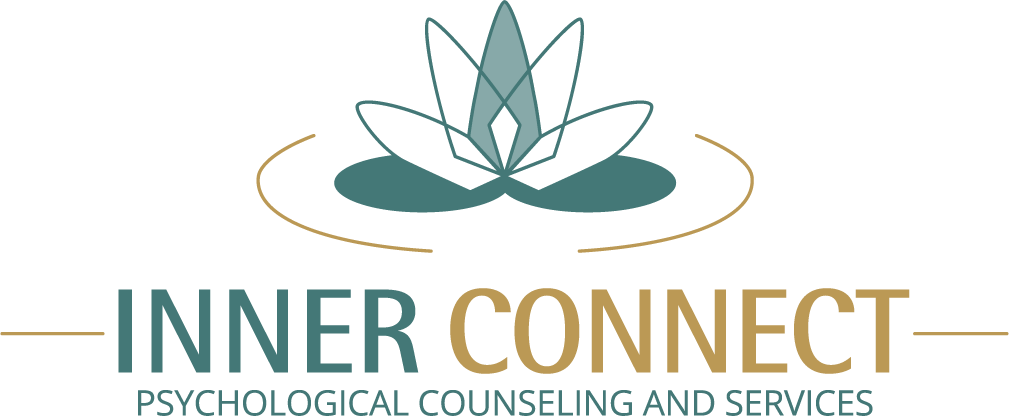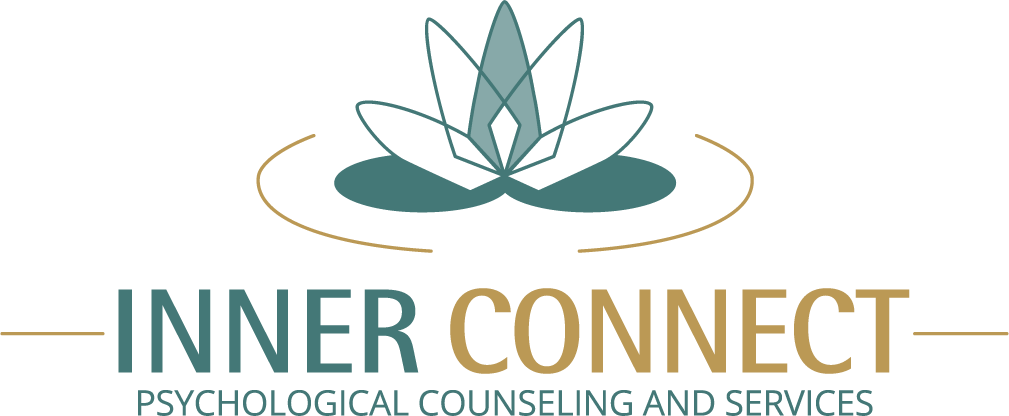
Gratitude
…its many gifts & what it’s not

Psychologists Robert A. Emmons and Cheryl A. Crumpler (2000) conceptualise gratitude as “…an emotion, a virtue, a moral sentiment, a motive, a coping response, a skill, an attitude…” which leads one to recognise the presence of goodness in her/his life; be it something done by another person or nature (or even yourself!). A widely researched concept with immense significance in positive psychology and counseling psychology, gratitude is the appreciation you feel for having freely received something concrete or abstract that you consider valuable. By “freely received”, we mean not purchased, not exchanged, not demanded/ ordered, not necessarily worked for. It is likely that you may feel grateful for a bright, sunny day or for having been served a delicious fresh meal while someone else may not. Why? We’ll explore that soon.
Happiness, savouring positive experiences, building and strengthening healthy relationships (personal, familial, professional, community), coping with adversity, developing resilience, improvements in mental and physical health, enhancing overall well-being…gratitude has the potential to offer all this and more. You may wonder, how?
The first and foremost thing that happens the very instant you feel grateful is a shift in your attention; you’re not fixated on unpleasant bygones, you’re not trapped by pessimism, you’re not anxious about the future. You are saying yes to the present. Moreover, you’re celebrating the goodness that you experience in the here and now (this goodness can be a result of a past experience). There is no way to tell for sure as to how long can you carry this positivity with you. However, sometimes it is this momentary break from all that we think is not working for us, that matters the most. It’s like a much-needed time-out from negativity.
Suppose you’re constantly finding faults in yourself, in those around you, and/ or in your surroundings. You may have your reasons for doing so. Changing and challenging times may have made it difficult for you to let go of your worries, pain, and anger. Now imagine, what one moment of release from these can do for you? One brief moment of recalling something good that you experienced in the past and the opportunity that is right in front of you? This one moment can pave the way towards making you feel calm and optimistic.
What gratitude is not?
#Gratitude is not forcing yourself to see good in all that you do or that happens to you.
We understand that you may not be grateful for every experience, And that’s okay. Gratitude doesn’t mean you stop acknowledging unpleasant feelings. Instead, it is a conscious choice you make when you’re ready to find and savour some good.
#Gratitude is not anti-future planning.
We do not see gratitude as a hindrance to goal-setting. If anything, feeling grateful can refocus your energies onto your personal and relational strengths which can in turn come in handy as you strive to realise your dreams.
#Gratitude is not a means of furthering unhealthy relationships.
When someone constantly demands that you be grateful for what she/ he has been doing for you and refuses to acknowledge your needs or be supportive, it could either be that you’re being unreasonable or that she/ he is trying to make you feel guilty so as to mask her/ his unwillingness to support you. Neither of the possibilities is characteristic of a healthy relationship. More on that topic in our next article.
#Gratitude is not undermining your importance or devaluing yourself.
Acknowledging that the actions of someone else or nature can enhance your well-being can be unsettling if you are aiming for complete self-sufficiency, which is a rather mythical concept. You can be fairly independent and grateful at the same time. In its true form, the latter will certainly not rob you of your talents.
A negativity bias, sense of entitlement, vanity, arrogance, superiority complex, taking things and/ or people for granted, guilt, constant comparisons, and feeling burdened by privilege are among the other potential hindrances to feeling grateful.
#Gratitude is not just saying “thank you”.
There are no set parameters for what is the right way to express your gratitude except one, i.e., a genuine appreciation for feeling gifted. Saying “thank you” and meaning it is one of the many ways to express your gratitude.
In addition to the personal benefits of feeling grateful, there is a possibility that gratitude can spark many beautiful chain reactions in all directions. Your sense of gratitude can motivate you to spread joy in the lives of others. And hearing from you/ just knowing that you experienced goodness courtesy their actions can encourage others to do something similar for more people. Gratitude is an antidote to toxicity. And when you patiently cultivate it as a habit, it has its way of working its magic on you. Our therapists believe in the goodness of gratitude and are here to help you foster it as a habit to experience a fuller, richer life.
References :
- Ackerman, C.E. (2020). What is gratitude and why is it so important? Retrieved June 2020, from https://positivepsychology.com/gratitude-appreciation/




